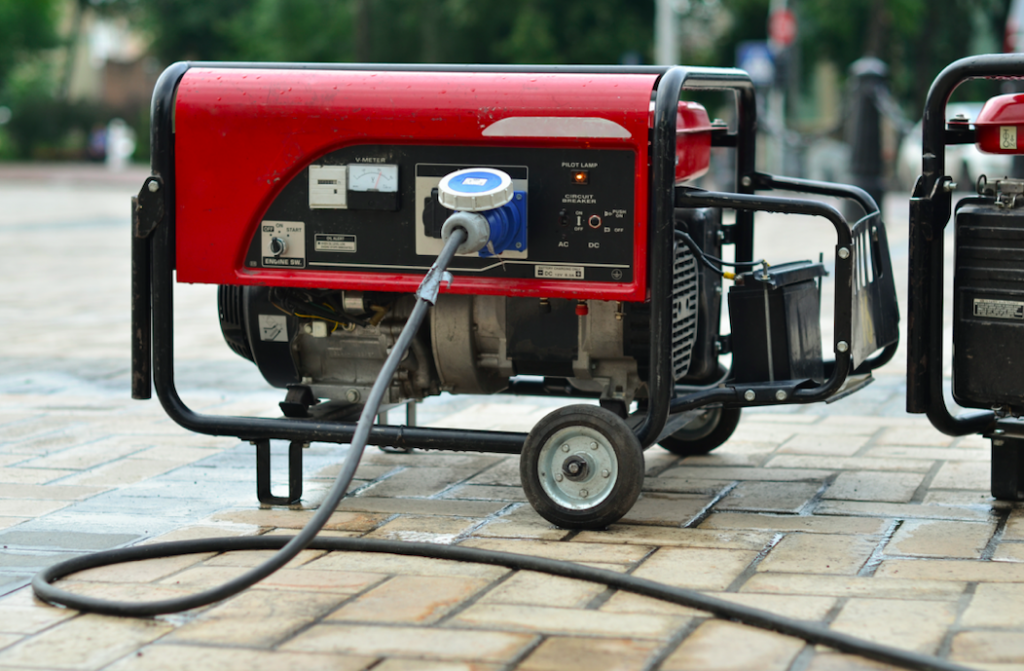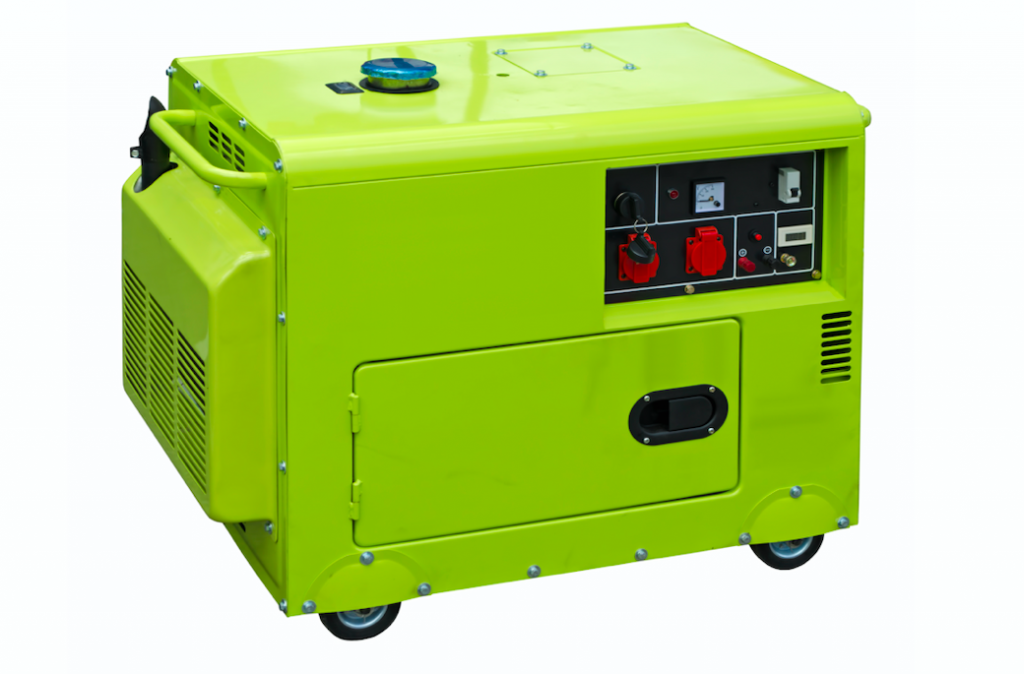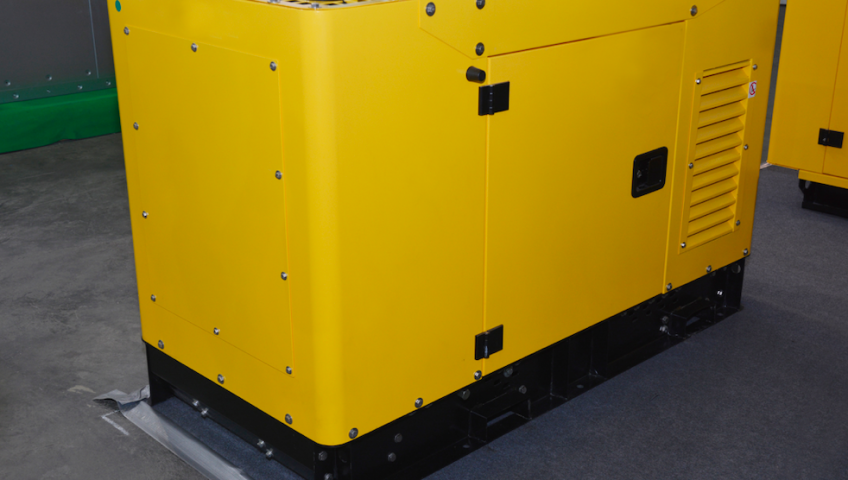With power outages rising in the U.S., electricity customers are experiencing increased power interruptions due to several factors. Thus, you might be wondering whether purchasing a whole house generator is the solution to this problem. Keep reading for our answers to the most common questions about whole house generators and how they can get you through tough times.

Q: What Are The Advantages of A Whole House Generator?
A: When considering which type of generator to get, you’ll have to decide between portable and standby. Standby generators, also called whole house generators, offer many advantages over their portable counterparts.
Portable generators run on gas or propane and are kept outdoors because of their fuel combustion. They are ideal for powering small appliances and lighting circuits.
However, if you want a more practical power solution for your home, you will need a whole house generator. These run on natural gas or propane, start automatically when the power goes out, and can power multiple large appliances including your central AC units. If your home or business needs constant reliable power, a whole house generator is what you need.
Q: How Long Will My Generator Last?
A: If you maintain your generator, you can expect it to last for decades. Whole house generators aren’t just a convenient way to deal with power outages they can also save you money over time.
Q: Do Generators Need Maintenance?
A: Yes! Generator maintenance is a critical part of owning a generator. The type of maintenance you need will depend on which generator you choose.
Whole-house generators perform self-testing weekly. Portable generators need to be manually maintained monthly. No matter what kind of generator you have, it is recommended to have it serviced by a certified generator contractor a least twice a year. A professional will clean out filters and replace worn-out parts before they become a problem to ensure you always have power when you need it.
Q: Can I Install a Whole-House Generator Myself?
A: No. A whole-house generator installation should be done by a professional and requires a licensed electrical contractor to perform the installation and system startup.
Whole house generators take about three days to install. Your contractor will take care of everything for you from securing any necessary permits to the physical labor of installing the generator and startup.
Sometimes the cost of installation is included in the price of the generator. Be sure to consult a professional before installing any type of generator.

Key Takeaways:
- A whole house generator runs on natural gas or propane, starts automatically when the power goes out, and can power multiple large appliances.
- A well-maintained generator can last for decades.
- You should have your generator serviced by a contractor like ROS Electric twice a year.
Are You Considering a Generator?
A power outage can be devastating, but it doesn’t have to be. A whole house generator is an efficient way to keep your power on. At ROS Electric, we can help you choose and install the right generator for your application. Contact us today for more information or a quote for your project!


Write a Comment